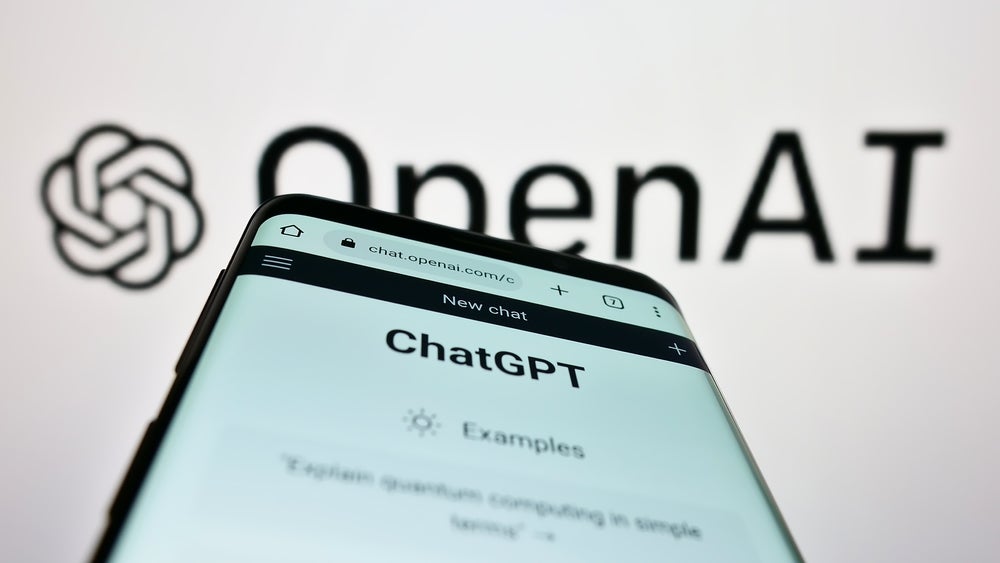
Almost three-quarters (74%) of UK tax leaders agree that ChatGPT and generative AI can be applied to tax, accounting, and audit work — and half (54%) think it should be, according to new research by Thomson Reuters.
The new report explores evolving attitudes towards ChatGPT and generative AI among tax professionals within accounting firms and corporate tax departments. The study shows that 12% of UK tax professionals are either currently using or are planning to integrate ChatGPT or other forms of generative AI into their work. Among tax professionals within tax and accounting firms that are planning to apply ChatGPT to their work, four out of 10 (39%) see the possibility of a widescale rollout of the technology within their firms within the next six months.
The tax professionals surveyed selected their top five potential use cases for generative AI in tax workflows:
- Tax Research – 83% of in-house tax professionals and 79% of respondents within tax and accounting firms
- Back Office Functions and Accounting/Bookkeeping – 70% of respondents from accounting and tax firms
- Compliance – 67% of respondents within corporate tax departments
- Tax Return Preparation – 65% of tax firm professionals
- Question Answering Service – 63% of tax firm professionals and 61% corporate tax departments
But despite optimism about the opportunities that generative AI presents, there remains barriers to widespread adoption of the technology. The primary reasons cited include concerns about privacy and the security of information, lack of controls over algorithms and the reliability of information given. Some firms said they were concerned that junior professionals may become reliant on the technology and may not develop technical competence.
Commenting on this, Thomson Reuters head of product, Piritta van Rijn, said: “Generative AI has the capacity to disrupt and redefine our professional landscape by improving efficiency, reducing errors and boosting client experience. However, it’s clear from our findings that there’s a trust gap with professionals. Promoting ethical data and AI principles, establishing trusted AI frameworks and educating professionals will be crucial in bridging this gap. For now, many professionals are adopting a ‘wait and see’ approach. Even if they are optimistic about the potentially transformative impact of generative AI, they plan on focusing on how the technology develops before they roll it out across their organisation.”
Reflecting concerns about the limitations of ChatGPT, 17% of UK tax professionals reported having received warnings about unauthorised use of ChatGPT and generative AI at work, with 13% of UK tax professionals reporting their workplace had banned ChatGPT.
How well do you really know your competitors?
Access the most comprehensive Company Profiles on the market, powered by GlobalData. Save hours of research. Gain competitive edge.

Thank you!
Your download email will arrive shortly
Not ready to buy yet? Download a free sample
We are confident about the unique quality of our Company Profiles. However, we want you to make the most beneficial decision for your business, so we offer a free sample that you can download by submitting the below form
By GlobalDatavan Rijn added: “Education will go a long way to increasing usage of generative AI. Many professionals are still unaware of what benefits this technology can bring and how their organisation can best leverage its potential. Tax professionals taking a hands-on approach in exploring the technology, and firms and departments adopting generative AI policies will likely increase confidence and accelerate more widespread use.”
Thomson Reuters recently announced it is to invest $100m annually in developing AI capabilities, including generative conversational AI interfaces across its Westlaw, Practical Law and Checkpoint products. The aim of these will be to simplify search and ensure that customers receive the correct information. Ensuring accuracy of information given will also be a key area of focus.






